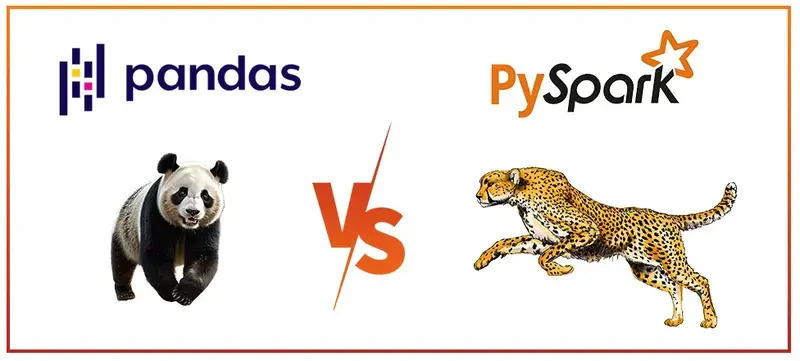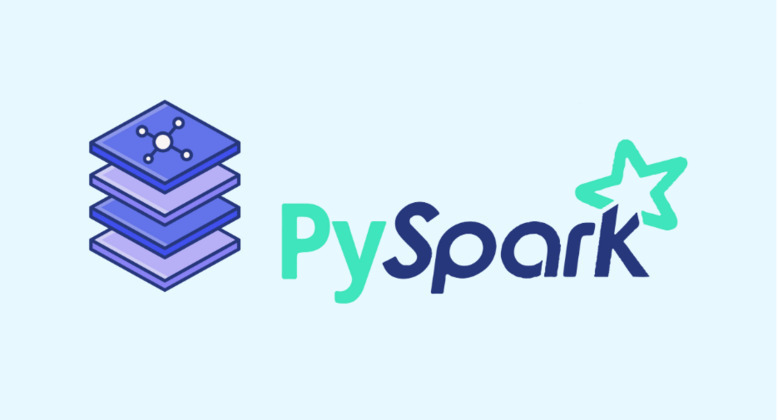Large Language Models (LLMs) have become game-changers in tech. But open-source alternatives such as Hugging Face Transformers, LLaMA, and Falcon are taking it a step further, opening up possibilities for developers to build smarter, more personalized products without breaking the bank.
Now in this blog let's dives into how open-source LLMs are transforming product development, what are the challenges we might face , and how you can use them efficiently in your projects.
Why Open-Source LLMs Are a Big Deal
Open-source LLMs are more than just free software; they’re tools that democratize AI. Here’s why they matter:
Lower Costs
Proprietary APIs often charge based on usage, but open-source models free you from those recurring costs.Tailored Solutions
Open-source models let you tweak and fine-tune them for your specific needs. Whether you're building a chatbot or a recommendation system, they adapt to your business.Encourage Creativity
Open-source is ideal for playing around with new ideas, innovating.Privacy First
Hosting models on your own servers keeps sensitive data in-house, a major win for privacy-conscious organizations.
How Open-Source LLMs Are Influencing Product Development
Here are some ways developers are applying open-source LLMs to design innovative products:
Quick Prototypes
LLMs cut down the time spent on brainstorming and prototyping:
python
from transformers import pipeline
generator = pipeline("text-generation", model="gpt2")
prompt = "Welcome! How can I help you today?"
response = generator(prompt, max_length=50)[0]['generated_text']
print(response)
Output:
Welcome! How can I help you today? I can assist you with booking a ticket, checking the weather, or answering your queries.
Automating Tasks
Open-source LLMs can automate tedious work such as customer support or content creation. For instance, using LLaMA for a chatbot saves one from the recurring API cost.
Personalized Experiences
Now, training Falcon on customer data to suggest the right product for every shopper is easy personalization.Global Reach with Localization
Models like BLOOM make translating and localizing content into multiple languages seamless, opening doors to global markets.Scalability with MLOps
Deploying and scaling LLMs using tools like Hugging Face Transformers ensures robust, production-ready solutions.
Real-World Success Stories
Smarter Healthcare
A startup fine-tuned an open-source model for medical diagnostics, giving doctors quick access to relevant research and saving lives—all while cutting costs.E-Learning Revolution
An education platform used open-source LLMs to provide students with personalized quizzes and study recommendations, boosting engagement.Retail Innovation
A fashion retailer used LLMs to write product descriptions that are catchy and SEO-friendly, cutting down on manual effort.
The Problems Associated with the Usage of Open-Source LLMs
Despite being powerful, open-source LLMs come with their share of problems:
Expensive Infrastructure Cost
Training or hosting an LLM can be quite pricey. A workaround? Pre-trained smaller models or cloud GPUs.Complex Fine-Tuning
Fine-tuning is not just about the data; it requires experience too. Start with a pre-trained model and fine-tune only when required.Bias and Ethical Concerns
Like any other AI, these models could output biased or inappropriate results. Always implement content moderation.
Best Practices for Open-Source LLMs
Start Small
Fine-tune after testing pre-trained models.Use the Ecosystem
Platforms like Hugging Face offer pre-trained models, datasets, and deployment tools to get you up and running fast.Keep Improving
Continuously monitor your model’s performance and update it with new data to stay relevant.Stay Compliant
If you’re dealing with sensitive data or operating in a regulated industry, make sure your solution adheres to ethical and legal standards.
Looking Ahead: The Future of LLMs in Development
Open-source LLM is an area where the industry has just begun. With their dimensions reduced and running significantly faster due to optimizations (quantization among them), open source will now reach the tiniest teams.
What's Your Take?
Have you used open-source LLMs? Whatever your experiences, whether you ran into difficulties or had successes, I would love to hear about it. Please share below in the comments!



